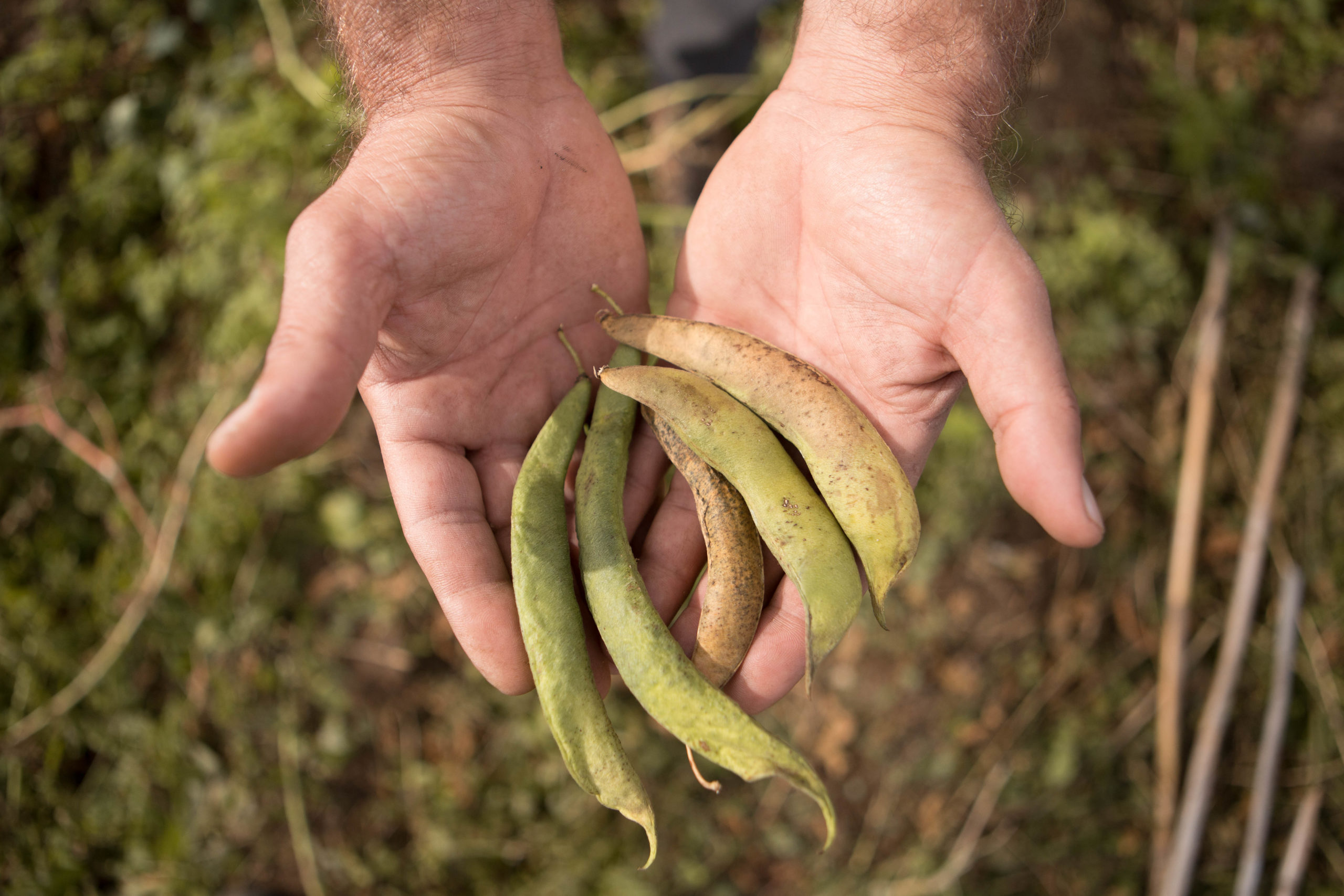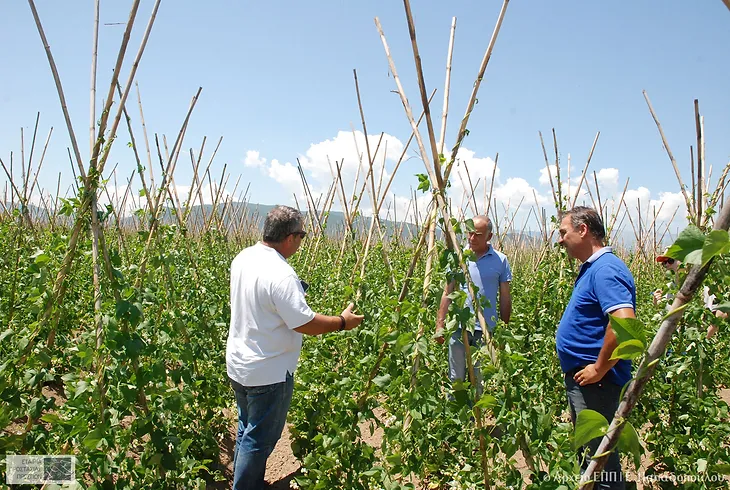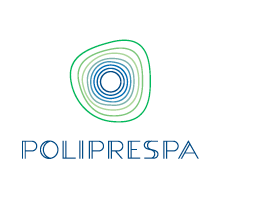The new crop of organic beans in Prespa is ready through the pilot project of smart farming.
The practice of ismart farming has arrived in Prespa through the Poliprespa programme for sustainable development in the region , implemented by local stakeholders with a grant by the Stavros Niarchos Foundation (SNF) and other supporters. Poliprespa’s numerous and diverse actions aimed to synchronize eco-friendly practices, economy and society on a common track for the benefit of the region and its people.
The inhabitants of Prespa are mainly engaged in the primary sector and in particular in bean cultivation. In the context of Poliprespa, the Society for the Protection of Prespa launched a collaboration with the American Farm School (AFS) to introduce smart farming practices in organic farming. Smart farming aims both to increase production and improve the quality of the products, as well as to reduce negative impacts on the environment, with tools that enable farmers to adapt cultivation methods to the actual needs of their field. In a protected area, a rare ecosystem, such as the Prespes National Park, the implementation of such practices is essential and has multiple benefits.
The pilot project in Prespa has been implemented since spring 2020, the beginning of this year’s growing season, with six beneficiary organic bean farmers. Experienced scientists on the side of the AFS with regular visits provided personalised advice to the farmers. Soil analyses were carried out on the plots to determine soil parameters critical for production and special sensors were installed to monitor and record valuable information on the prevailing conditions. The studies carried out determined the precise irrigation needs, the quantity and the intervals at which irrigation should be carried out, and instructions were given on how to fertilise the crops. In addition, a meteorological station was installed in Prespa, providing the most accurate forecasts possible, both in the short term (7 days) and in the medium term (14 days).
Organic farmers threshed their fields in November without losses, in line with the expected harvest and are ready to market an excellent product with high added value, the famous and protected certified Prespa bean.

In an online meeting, held at the end of the first pilot period between the SPP, the AFS and the farmers, the first findings from the 2 field visits were discussed. In addition, the data collected from the sensors were presented and analysed and an overall assessment was made. The agronomist in charge of the AFS, Elias Kalfas, says that “Prespa has now entered the Internet of Things (IoT). The necessary infrastructure has already been created and gives possibilities to monitor and control production such that could hardly be found in other regions of Europe at the moment”.
One of the beneficiaries of the project, Lazaros Nikolaou, an organic bean farmer, said “All this valuable information is easily found on my mobile phone”. Nikos Papadopoulos, a farmer participating in the programme, said “I feel lucky because I can work with expert scientists and see a difference in both the quality and quantity of my beans”. When experience and science are combined, there is always a result. AFS agronomist, Dr. Irene Karatasiou, said: “It is very satisfying to watch closely producers with a great knowledge of the cultivation processes to manage to produce such excellent quality products and assimilate new knowledge in such an effective way.”
One of the most important conclusions was related to water management, where a very high use of water was observed compared to the actual need of the plant. It is not the farmers who are responsible for this use, but the irrigation system in the Prespa plain, which does not give the farmer much control (open furrow irrigation method). Good news is that after systematic work and perseverance by all Prespa stakeholders, one of the largest irrigation projects in the country, drip irrigation, is to be implemented in the Prespa plain in the coming years.
The pilot project of smart farming was repeated in April 2021. The intervantion of Poliprespa project hopes to become a model for the implementation of smart agriculture pilots in protected areas.
The wider area of the Prespa is currently concentrating a high technology intensity supporting current and future needs of the region in terms of sensor acquisition and transmission capabilities. The increased capabilities, resulting from the combination of LoRa, mobile telephony and satellite communications technologies, are being exploited and give the digital ecosystem the capacity to interconnect more than 3.000 devices (sensors). In addition, the smart farming project in Prespa can be combined with the drip irrigation system, which will be installed in the future, to help in the accurate calculation of the requirements and capacities of the waterinf network in order to achieve good irrigation practice by all producers in the Prespa plain.
The main objective is to save water, the most precious of natural resources, but also to enhance and safeguard the product produced.

Myrsini Malakou, manager of the SPP, said: “Strengthening organic agriculture with modern ways and technological tools that facilitate the farmer, contributes to enhancing the competitiveness of the products produced and at the same time protect the environment. We hope that Poliprespa’s intervention will gradually be adopted by as many farmers as possible and become an important legacy for the rural development of the region.”
With the support and continuous collaboration of the SNF with local stakeholders in Prespa, the Poliprespa project strengthens the primary sector with the aim of environmentally friendly farming practices that are beneficial to the farmer and attractive to the new generation that will take up the baton in the struggle for land.
Photographic archive of OPP: Alexandros Vozinidis, Zenia Anastasiadou, Eleni Papadopoulou
For more information, contact: Zenia Anastasiadou, Society for the Protection of Prespa, tel: +30 23850 51211, email: contact@spp.gr
